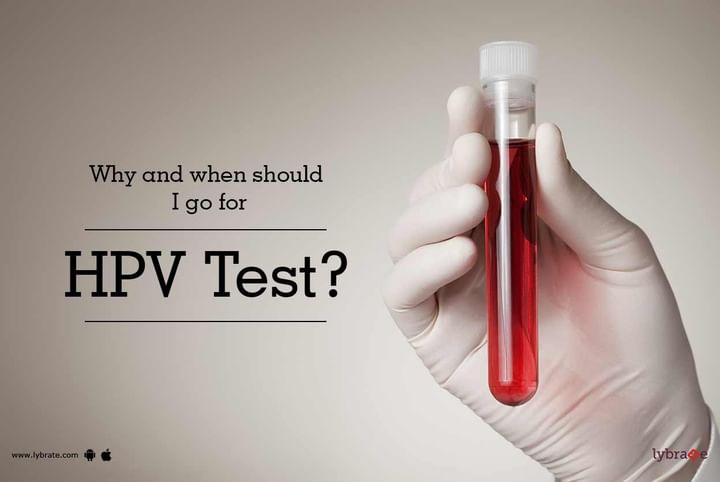Why and When Should I Go for HPV Test?
Persistent infection of the uterine cervix with high risk human papilloma virus (HPV) leads to development of cervical cancer. Infection with HPV is common especially in sexually active young women, most infections are transient and spontaneously clear within 1 to 2 years without causing cancer. These transient infections may cause temporary changes in cervical cells. If a cervical infection with high risk HPV type persists the cellular changes can eventually develop into more severe precancerous lesions. If pre cancerous lesions are not treated, they can progress to cancer. Thus, an HPV DNA test is recommended to identify the high risk types of HPV.
Why is Pap Smear done?
An HPV test is done to:
Check for high-risk types of human papillomavirus (HPV) in women who had a Pap test that showed abnormal cervical cells called atypical squamous cells (ASCUS). An HPV test can help look for one or more high-risk types of HPV.
Check for HPV in women older than age 30 as part of screening for abnormal cervical cells.
Help check for abnormal cervical cells after treatment of a high-risk HPV infection.
When should one get screened for cervical cancer?
American Cancer Society does not recommend using HPV DNA test to screen for cervical cancer in females under 30. This is because females in their twenties who are sexually active are much more likely (than older females) to have a HPV infection that goes away on its own. For these young females, results of this test are not as significant and may be confusing.
For females age 30 and older, Pap & HPV co testing is less likely to miss an abnormality (i.e. lower false negative rate than pap testing alone. It also lengthens the screening interval to 5 years and still allows abnormalities to be detected in time to treat them.
Women of age >65 yrs who have had adequate screening history or those who have had total hysterectomy do not need any further screening.
HPV TEST
Is HPV test as safe and effective as Pap Smear?
The advantage of the HPV test is that the Pap test misses a fair number of carcinomas as it has a lower sensitivity. Studies have also shown that a negative HPV test is better at predicting that a woman will be free of lesions for the next three years than a negative Pap test.
And while the experience for the patient is the same for both tests, the HPV test requires less material from the cervix to detect an infection so there's less concern that a sample will be inadequate.
How is the HPV test performed?
Before an HPV test, do not douche, use tampons, or use vaginal medicines for at least 48 hours.
In the HPV test, a doctor takes a swab of cells from the cervix, just as for the Pap test. The cells are then analyzed in a laboratory. The genetic material (DNA) of the HPV virus is studied. This test can identify 13 or 14 of the high-risk HPV types associated with cervical cancer. HPV test results are generally available in 1 to 2 weeks.
You may have a small amount of vaginal bleeding or gray-green discharge after this test.



+1.svg)
